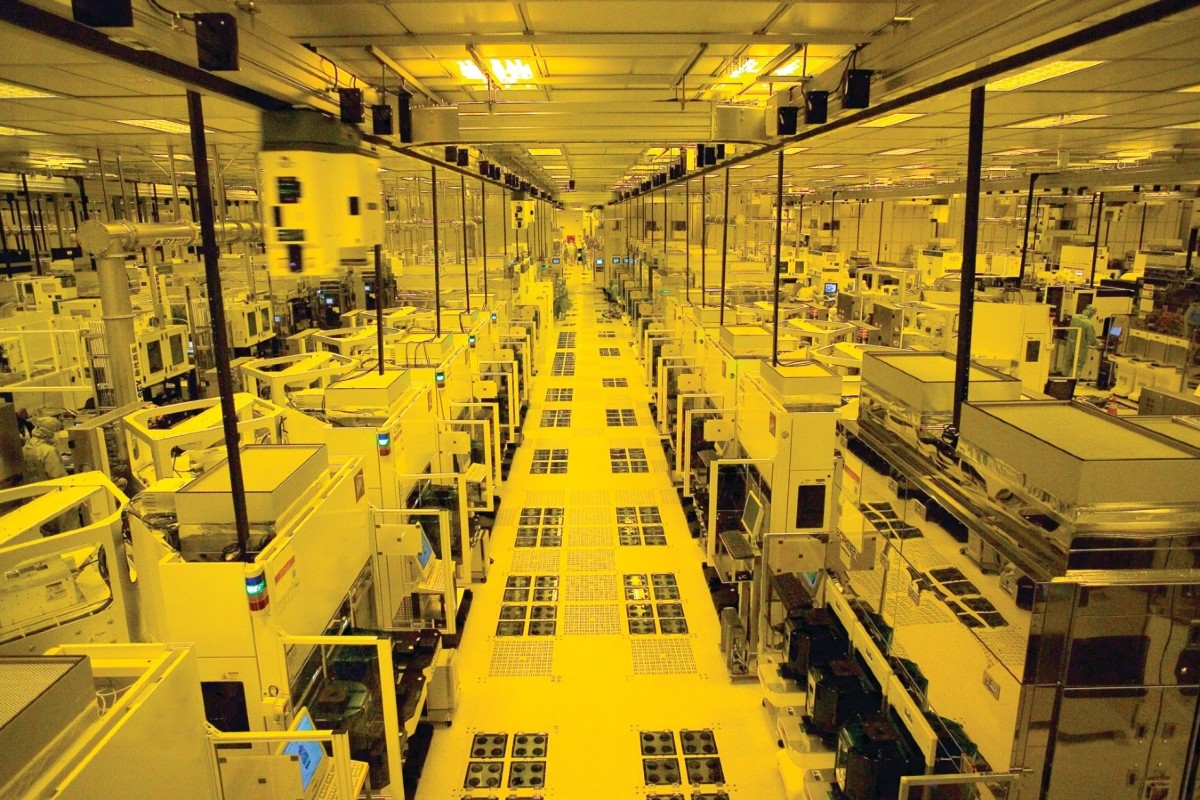German goverment to release billions in subsidies for chip factory in Dresden
The initiators of the chip factory are also contributing around 5 billion euros in private investment. The federal government is therefore providing around half of the total investment volume. The German Ministry of Economic Affairs (BMWK) and the four companies have finalised the contractual agreement. The European Commission approved the planned federal funding under state aid law in August 2024. On this basis, the BMWK was now able to put the planned funding on track before the end of the year as planned.
The ground-breaking ceremony for the factory took place in the summer, with the first chips scheduled to roll off the production line in 2027. To build and operate the plant, the Taiwan Semiconductor Manufacturing Company (TSMC) and its partners Bosch, Infineon and NXP have set up a joint venture, 70 per cent of which is held by TSMC and ten per cent each by Bosch, Infineon and NXP. The joint venture itself has a similar abbreviation to the Taiwanese chip manufacturer, namely ESMC for European Semiconductor Manufacturing Company.
Growing demand in the automotive industry
When announcing its plans for 2023, TSMC described the establishment of the joint venture as an important step on the way to building the 300mm production facility, which is intended to meet the future capacity requirements of the rapidly growing automotive and industrial sectors. The chips will be used for assistance systems and to control infotainment systems, for example. In terms of financing requirements, there was early talk of a 10 billion euro investment, consisting of equity, debt capital and subsidies from the European Union and the German government. According to an earlier Handelsblatt report, TSMC itself will invest around 3.5 billion euros, while Bosch, Infineon and NXP will each invest around 500 million euros.
The project is being subsidised in accordance with the criteria of the relatively new European Chips Act. With this act, the EU wants to attract more semiconductor production to Europe by relaxing state aid rules. Its aim is to increase Europe’s share of global semiconductor production to 20 per cent by 2030. According to BMWK, the funding will be paid out over the next few years ‘depending on the progress of the project’. The ESMC chip factory is the first German project to be approved by the European Commission under the European Chips Act and authorised nationally. With an investment sum of more than ten billion euros, the project is currently “the highest-investment project of its kind under the European Chips Act in the European Union,” according to the German government.
The production facility in Dresden is expected to go online in 2027 and will have a monthly production capacity of 40,000 300 mm wafers from 2029. Around 2,000 direct jobs are expected to be created at the factory. The federal government has also announced that the wafers will primarily be made available to the German and European markets. “With the processing of 300 mm wafers on technology nodes of 12 to 28 mm, ESMC wants to close a gap within European semiconductor production. Until now, these technologies have mainly been imported from Asia and the USA. The project therefore makes a significant contribution to Europe’s security of supply and technological sovereignty.”
According to the Ministry of Economic Affairs, small and medium-sized companies and start-ups in particular will be given preferential access to production capacities among future European customers. And: ‘In crisis situations, ESMC will also make efforts to prioritise orders from the EU and Germany.’
“Becoming more competitive and independent”
Germany’s Economics Minister Robert Habeck describes the investment as an important milestone for Germany: “I am extremely pleased that we can give the go-ahead for the investment in the ESMC chip factory today. It will create jobs, added value and innovation. It will make us more competitive, more independent of the global market and a sustainable, long-term investment in our digital future.” The fact that TSMC, as a highly innovative global market leader for chip contract manufacturing, and leading semiconductor companies such as Bosch, Infineon and NXP are investing here together clearly shows that Germany offers attractive and reliable framework conditions for investments in key technologies such as microelectronics. He added: “The investment also emphasises the close economic partnership between Germany and Taiwan.”
Dr C.C. Wei, Chairman and CEO of TSMC, also speaks of a milestone for strengthening the European semiconductor ecosystem. “Together with our partners Bosch, Infineon and NXP, we will meet the semiconductor needs of our European customers and partners with our plant in Dresden. Our heartfelt thanks go to the German government for their continued support. We are confident that the ESMC will play a crucial role in supporting the global semiconductor market.”
bmwk.de (in German)





0 Comments